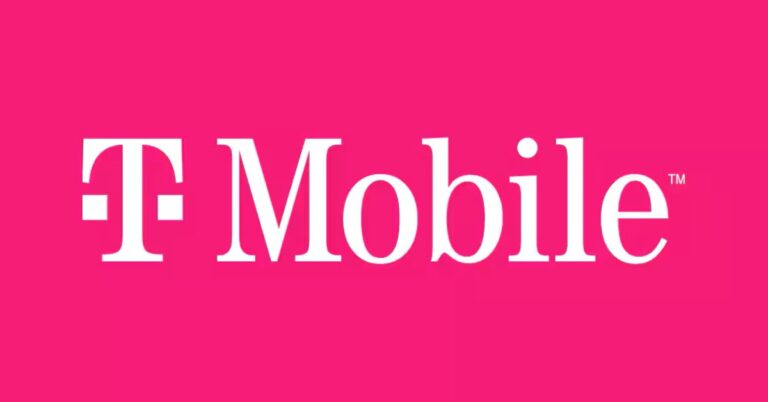T-Mobile US has recently announced an agreement to sell its 800 MHz spectrum portfolio to Grain Management, LLC, a prominent private investment firm specializing in digital infrastructure. This strategic move is set to enhance critical network capabilities across various sectors, notably in utilities and rural telecommunications.
Details of the T-Mobile and Grain Management Deal
Under the proposed agreement, T-Mobile will transfer its 800 MHz spectrum holdings to Grain Management in exchange for a combination of cash and Grain’s 600 MHz spectrum licenses. This exchange is poised to bolster T-Mobiles network, enhancing service quality in numerous markets. The 800 MHz band is crucial for its penetration capabilities, making it ideal for comprehensive coverage across challenging terrains and indoor environments.
Enhancing Connectivity and Infrastructure Through Strategic Spectrum Utilization
Grain Management plans to leverage the acquired spectrum to address the connectivity needs of utilities and other critical infrastructure sectors. By collaborating with Black & Veatch, a leader in energy and infrastructure solutions, Grain aims to deploy these assets to improve the resilience, security, and efficiency of essential services nationwide. This initiative is expected to significantly uplift the operational standards of rural and regional operators, thereby enhancing overall economic growth and connectivity in underserved areas.
Benefits of the T-Mobile and Grain Spectrum Deal for Stakeholders
Dirk Mosa, Senior Vice President of Spectrum, Partnerships, and Acquisitions at T-Mobile, expressed satisfaction with the deal, noting its alignment with T-Mobiles strategic vision. The acquisition of Grains 600 MHz spectrum is anticipated to enrich T-Mobile’s existing network infrastructure, further supporting its leadership in the 5G domain and continuing to drive competition and innovation in the telecommunications industry.
Expected Timeline and Regulatory Approvals
The transaction is scheduled to conclude by the end of April 2025, pending necessary regulatory approvals. The completion of this deal will follow the receipt of all required endorsements and the satisfaction of other closing conditions. This development is likely to provide incremental financial benefits to T-Mobile, as indicated during their Capital Markets Day in September 2024.
Financial Advisory Role in T-Mobile’s Spectrum Transaction
TAP Advisors is serving as the financial advisor to T-Mobile throughout this transaction, ensuring strategic alignment and compliance with financial regulations. For more information about T-Mobiles services and its ongoing commitment to advancing mobile connectivity, visit their official website or contact their media and investor relations teams.
Overview of T-Mobile US, Inc. and Its Market Leadership
Based in Bellevue, Washington, T-Mobile US, Inc. continues to redefine wireless communications. With a focus on delivering high-quality and cost-effective services, T-Mobile leads with its robust nationwide network covering 4G LTE and transformative 5G services. The company operates several leading brands including T-Mobile, Metro by T-Mobile, and Mint Mobile, consistently driving innovation and customer satisfaction in the telecommunications sector.
This deal between T-Mobile and Grain Management marks a significant step in optimizing spectrum use across the telecommunications industry, promising enhanced service delivery and broader network capabilities. As both companies move forward with this partnership, the focus remains on leveraging technological advancements to meet the evolving needs of their customers and the broader U.S. economy.





















